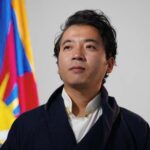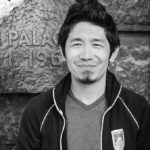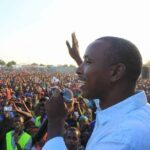Interviews & People
One Foot In and One Foot Out: Interview with a Tibetan MP in Exile
Tibetans, like other liberation struggles with a diaspora component, have one foot in and one foot out. Some movement actors—the diaspora and the government-in-exile—can exert pressure on the occupier from the outside. “That’s our domain, so there is pressure coming from all sides. We [MPs] are all united that we should find ways to restore freedom”, Jigdal explains to my students. On the other hand, the occupied population can exercise pressure on the occupier from the inside—if empowered to do so. […]







